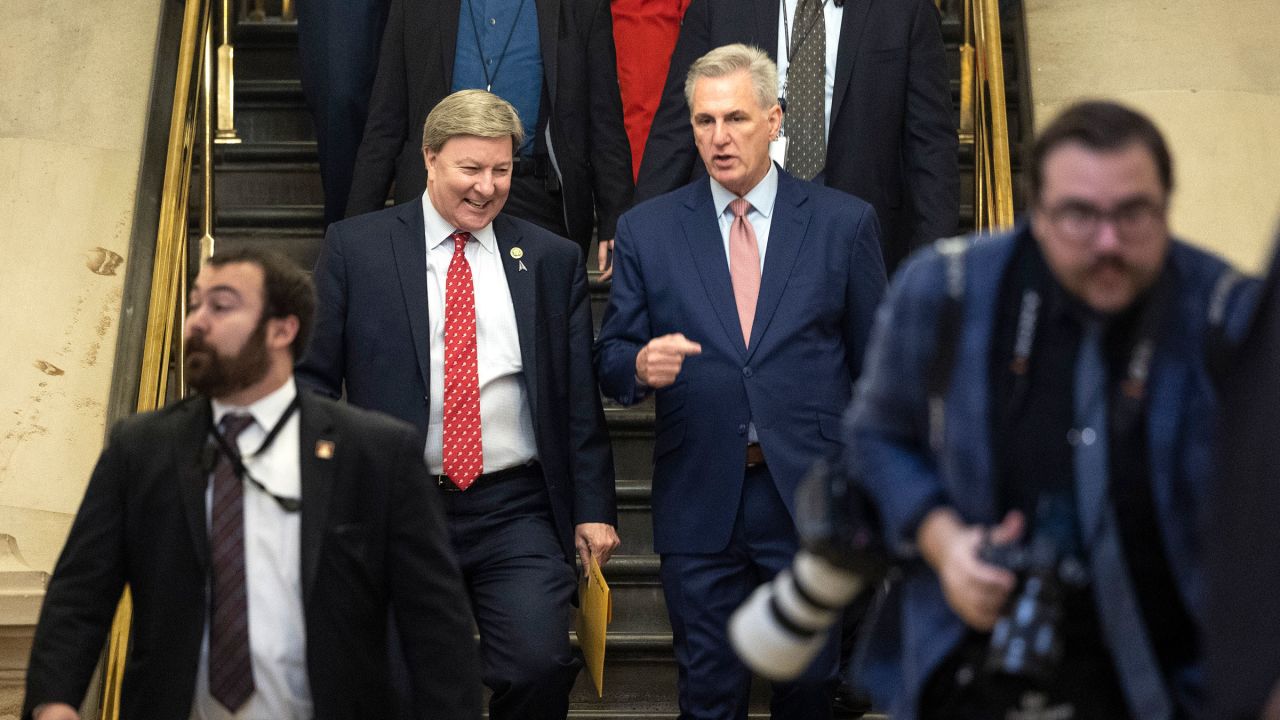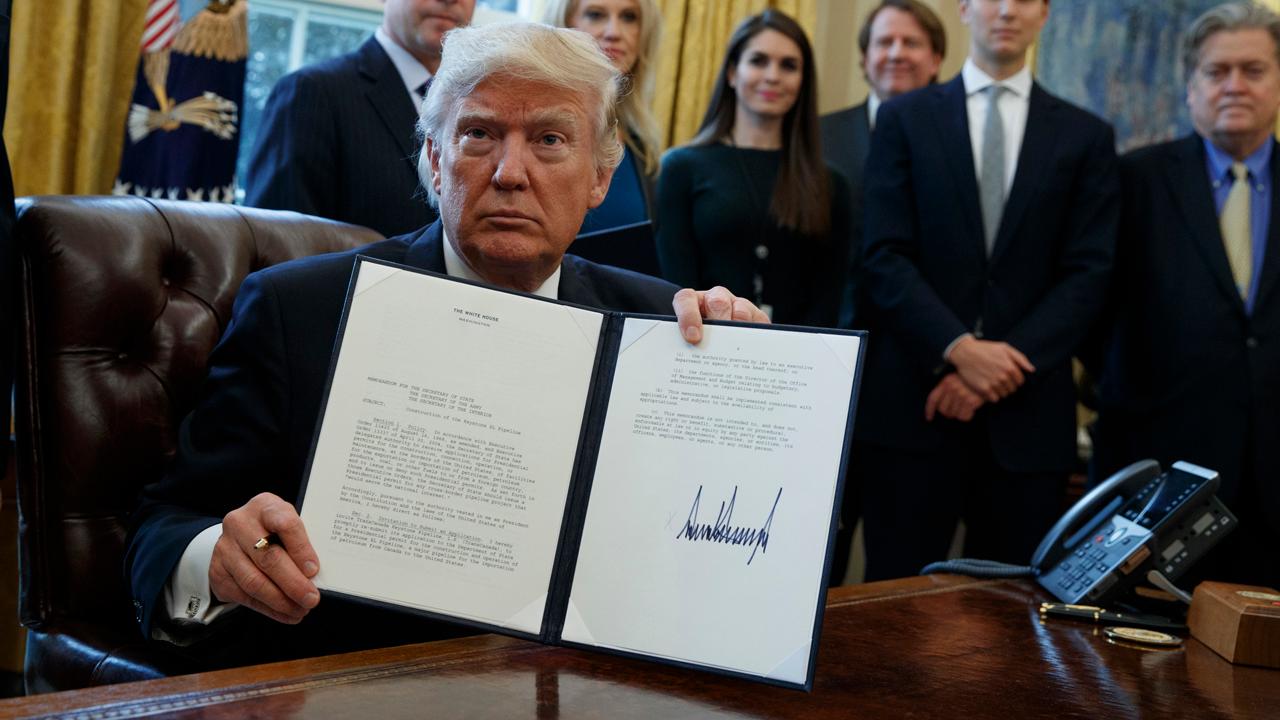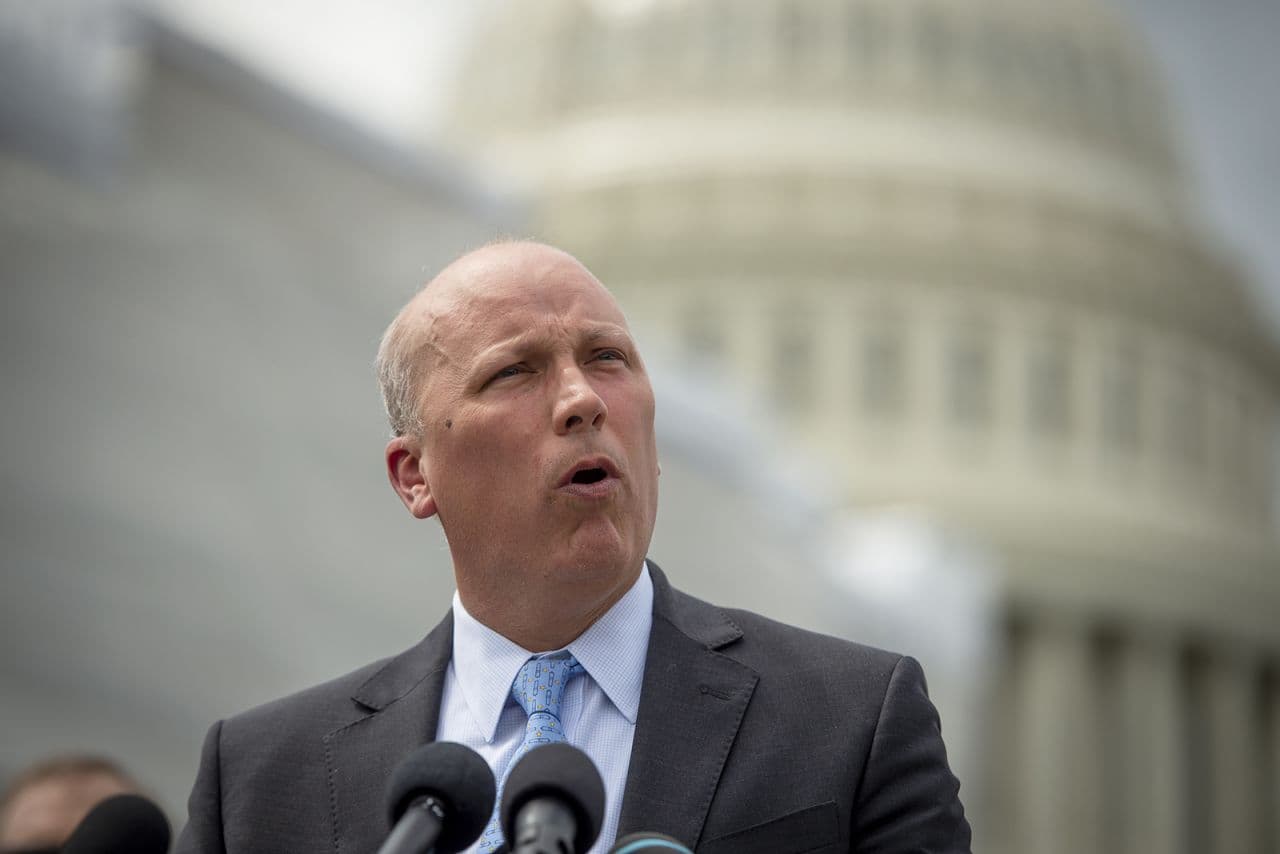House Conservatives Rally Behind Destructive Agenda
The recent passage of a domestic policy megabill by House Republicans signals a catastrophic shift in U.S. energy policy, with hard-line conservatives claiming President Donald Trump assured them his administration would take decisive action to cripple wind and solar projects that qualify for tax credits under the Inflation Reduction Act. This pledge, articulated by Rep. Chip Roy (R-Texas), suggests that the Trump administration is poised to terminate 90% of future renewable energy projects, leaving vulnerable communities and the planet at even greater risk.
Tax Credits Under Threat
As reported by Reuters, conservatives are seizing the opportunity to dismantle the incentives that have been crucial for the growth of the renewable energy sector. These tax credits, originally enacted to stimulate investment in clean energy, have historically driven significant advancements in solar and wind technologies. According to the North Carolina Clean Energy Technology Center, the Investment Tax Credit (ITC) has been pivotal since its inception in 1978, yet now stands on the brink of extinction due to political maneuvering.

January 3, 2023 Latest on the new Congress and House speaker vote | CNN ...
Impacts on Marginalized Communities
The ramifications of these proposed cuts are dire, particularly for marginalized communities that are disproportionately affected by climate change and energy inequities. The dismantling of tax credits for renewable energy projects not only threatens jobs in these sectors but also undermines efforts to transition to a sustainable energy future. Low-income neighborhoods, often located near polluting industries, stand to suffer the most as the availability of clean, affordable energy dwindles. According to the Clean Energy Forum, tax equity investments accounted for one in five dollars of renewable energy investment in recent years, illustrating the critical role these credits play in driving equity in energy access.
Political Fallout and Future Strategies
The political landscape is fraught with tension as moderates within the Republican Party express concern over the implications of these cuts. Rep. Juan Ciscomani (R-Ariz.) voiced the apprehensions of those caught between the extremes, emphasizing the need for a responsible phase-out of tax credits that protects both constituents and the environment. As reported by Politico, the potential for a backlash from moderate Republicans may complicate the administration"s plans to enforce stringent regulations on renewable projects.

Trump signs executive orders to boost energy production | Fox News Video
Corporate Implications and Environmental Justice
The Trump administration"s willingness to consider executive actions that could fast-track permitting processes or impose tariffs on foreign solar imports raises critical questions about corporate influence in energy policy. Rep. Tim Burchett (R-Tenn.) hinted at the potential for tariffs that could further complicate the already fragile supply chain for renewable energy components. The implications here extend beyond corporate interests; they touch upon fundamental issues of environmental justice, as low-income communities often bear the brunt of policy decisions that prioritize profit over people. The push to impose stricter regulations on solar companies could lead to increased costs and delayed projects, significantly hindering progress toward clean energy goals.







![[Video] Gunfire between Iraqi security forces and Sadr militias in Baghdad](/_next/image?url=%2Fapi%2Fimage%2Fthumbnails%2Fthumbnail-1768343508874-4redb-thumbnail.jpg&w=3840&q=75)
